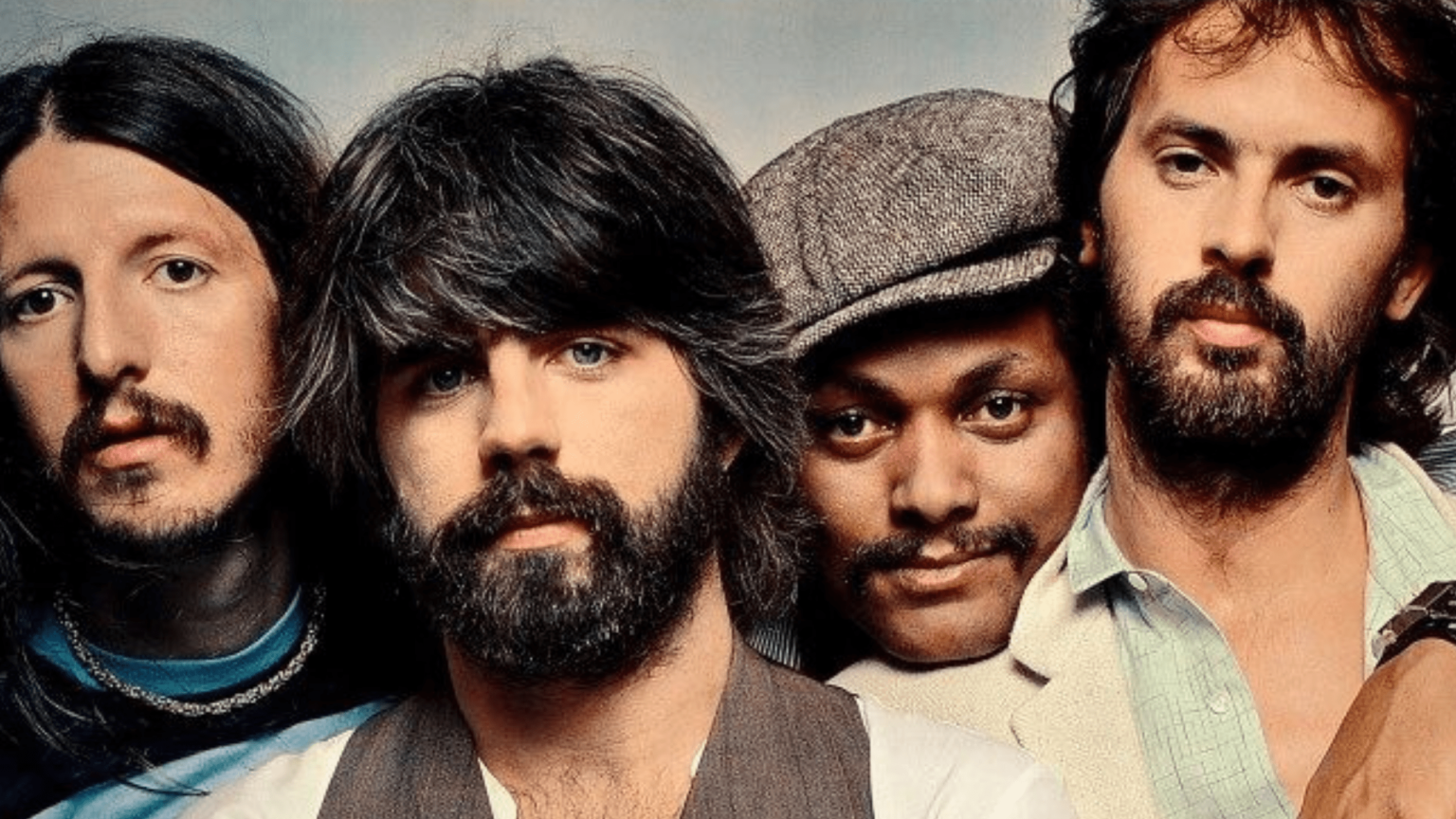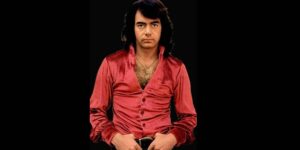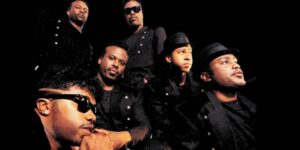The Doobie Brothers are one of the most beloved and enduring rock bands of all time. With a career spanning over five decades, they have had a profound impact on the music industry, churning out hit after hit and earning a loyal following that transcends generations. Yet, despite their remarkable achievements, the story of the Doobie Brothers remains shrouded in mystery. In this article, we will delve into the untold story of the band, exploring the highs and lows, the triumphs and tribulations, and the unwavering dedication that has led them to become one of the most iconic rock bands of all time.
A Humble Beginning
The Doobie Brothers were formed in 1970 by guitarist Tom Johnston and keyboardist Patrick Simmons. Initially, the band consisted of six members, including singer/guitarist Jeff “Skunk” Baxter and drummer John Hartman. They were a fusion of country, rock, and blues, with a name that was inspired by the title of a William S. Burroughs book, “The Big Table,” which was shortened to “Doobie” by the band. The Doobie Brothers were part of the emerging Bay Area rock scene, rubbing shoulders with other influential acts like the Grateful Dead and Jefferson Airplane.
The Early Years: Experimentation and Experimentation
In the early 1970s, the Doobie Brothers were on a mission to create their own unique sound. They released their debut album, “The Doobie Brothers,” in 1971, which featured a mix of country-tinged rock and folk-influenced ballads. The album received positive reviews, but it was their sophomore effort, “Toulouse Street,” that really started to gain them recognition. The album featured a hit single, “Listen to the Music,” which reached the top 10 on the Billboard Hot 100 chart.
As the band continued to experiment, they began to explore new sounds and styles. Their 1973 album, “The Captain and Me,” featured a more soulful and funky sound, thanks in part to the addition of singer/multi-instrumentalist Michael McDonald. McDonald’s soulful voice and keyboard skills helped propel the band to new heights, and he quickly became an integral part of the Doobie Brothers’ sound.
Lineup Changes and Challenges
The Doobie Brothers’ lineup has undergone significant changes over the years. Original members like Skunk Baxter and John Hartman left the band, only to be replaced by other talented musicians. Michael McDonald’s departure in 1982 was particularly felt, as he had become the face of the band during his tenure. His departure led to a decline in the band’s popularity, but they continued to produce quality music and maintain a loyal fan base.
The 1980s saw the band experience significant financial difficulties, with bankruptcy looming on the horizon. The Doobie Brothers’ debt had reached astronomical levels, and they were forced to take drastic measures to get back on their feet. They released several albums, including “Cycles” and “Faster Than Ever,” but to little fanfare. The band’s popularity began to wane, and many fans wondered if they had seen the last of the Doobie Brothers.
The Comeback: A New Era of Creativity
In the late 1980s, the Doobie Brothers were faced with a stark reality: they were no longer a viable commercial entity. They had lost their sound, their momentum, and their fans. But Tom Johnston and Patrick Simmons were not ready to throw in the towel just yet. They regrouped with new members, including drummer Jimmie Wood and keyboardist Guy Allison, and set out to reclaim their status as one of rock’s most beloved bands.
Their 1991 album, “Brothers in Arms,” marked a turning point for the Doobie Brothers. It featured a more mature and refined sound, with lyrics that addressed the challenges and struggles they had faced. The album received critical acclaim and marked a resurgence in popularity for the band. The Doobie Brothers went on to release several more albums, including “Soul to Soul” and “World Gone Crazy,” solidifying their legacy as one of rock’s most enduring bands.
The Legacy Lives On
Today, the Doobie Brothers continue to tour and release new music, albeit at a slower pace than in their heyday. The band has undergone significant lineup changes over the years, with Tom Johnston and Patrick Simmons remaining the constant heartbeat of the group. The Doobie Brothers’ legacy extends far beyond their impressive discography and iconic hits like “What a Fool Believes” and “Minute by Minute.” They have inspired generations of musicians, from classic rock bands like the Eagles to contemporary acts like Kings of Leon.
The Doobie Brothers’ story is one of perseverance, dedication, and a passion for music that has spanned over five decades. Their untold story is one of triumph and tribulation, of experimentation and innovation, and of the unwavering commitment to creating music that has captivated audiences around the world. As the band looks back on their remarkable journey, they can take pride in knowing that their music has become an integral part of the fabric of rock and roll.
Conclusion
The Doobie Brothers are a testament to the power of music and the human spirit. From their humble beginnings to their current status as rock legends, they have remained true to themselves and their art. The band’s legacy will continue to inspire and entertain audiences for generations to come, and their untold story is a reminder of the enduring power of music to bring people together and transcend time.
FAQs
Q: Who was the original lead vocalist of the Doobie Brothers?
A: Jeff “Skunk” Baxter and Tom Johnston shared lead vocal duties in the early days of the band.
Q: What was the name of the Doobie Brothers’ debut album?
A: Their debut album was titled “The Doobie Brothers” and was released in 1971.
Q: Who replaced Michael McDonald in the Doobie Brothers?
A: Several vocalists have joined the band over the years, including Marc Russo, Bill Champlin, and Ted Garnett.
Q: What was the title of the Doobie Brothers’ most successful album?
A: “Takes One to Know One” (1976) is the band’s best-selling album, featuring the hit single “What a Fool Believes.”
Q: Have the Doobie Brothers won any major awards?
A: Yes, the Doobie Brothers have won several Grammy Awards, including Best Pop Vocal Performance by a Duo or Group for “What a Fool Believes” (1979).






